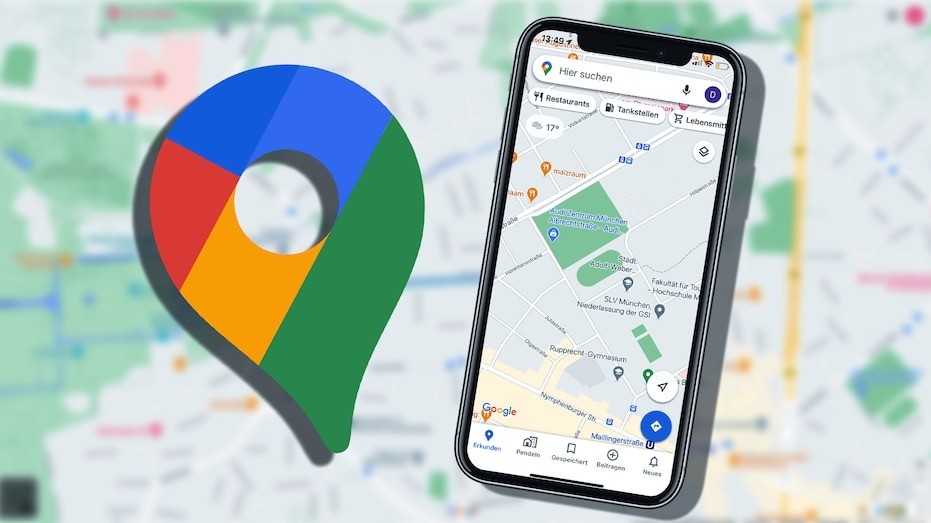Best Selling Products
Google Pushes Internal AI Revolution: Employees Forced to Adapt
Nội dung
Instead of letting employees explore technology at their own pace, management is increasing pressure on employees to actively use AI on a daily basis.
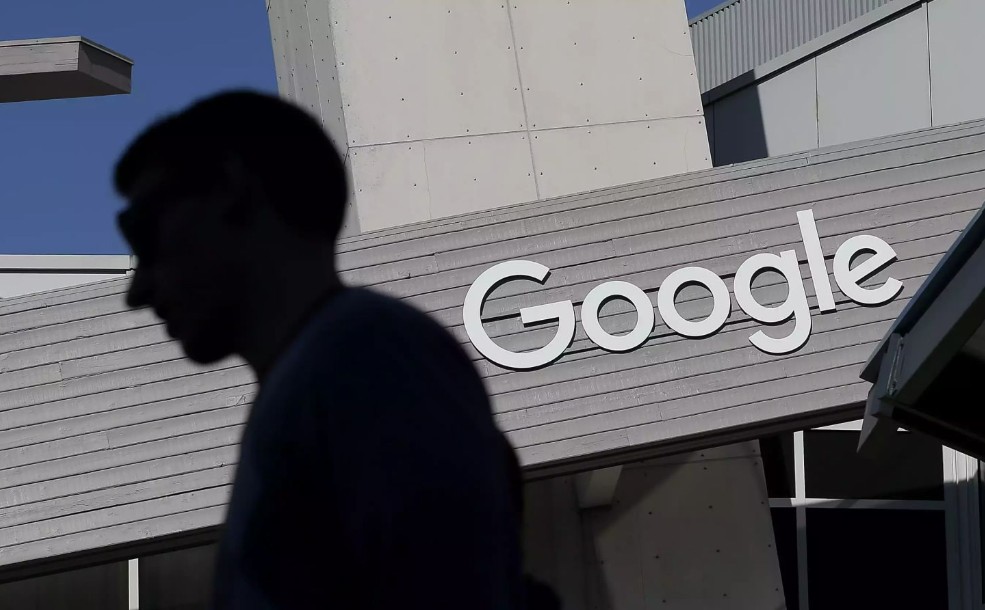
In recent years, artificial intelligence (AI) has emerged from the lab and become the center of technological revolutions. From natural language applications to generative models, AI is reshaping the way tech companies operate, innovate, and compete. But as AI becomes a core part of this race, the pressure extends beyond macro-level strategies to the individual employee.
At Google, the search giant known for its culture of innovation and freedom, a remarkable shift is taking place. Instead of letting employees explore technology at their own pace, management is increasingly pressuring them to actively use AI on a daily basis. This clearly reflects the urgency at Google in the face of fierce competition from Microsoft, Amazon, Meta, and a host of emerging rivals. It’s no longer a matter of “if you can,” but rather “must,” and is even considered a criterion for evaluating competence. So why did Google make this decision? And how is this trend impacting the entire technology industry?
1. Google asks employees to increase productivity with AI
In June, Google’s vice president of engineering, Megan Kacholia, sent an internal email to her software engineering team, strongly recommending that engineers use AI to improve their programming productivity. Kacholia went beyond just a reminder, attaching a detailed set of AI guidelines that outline the rules and tools that are allowed.
Accordingly, Google engineers should only use the company's internal AI models, and those who want to test third-party tools for tasks other than programming must get pre-approval. This regulation ensures data security while also helping Google tightly control how AI is deployed internally. Notably, code generated by AI is still considered official employee work, as long as it complies with Google's strict quality standards.
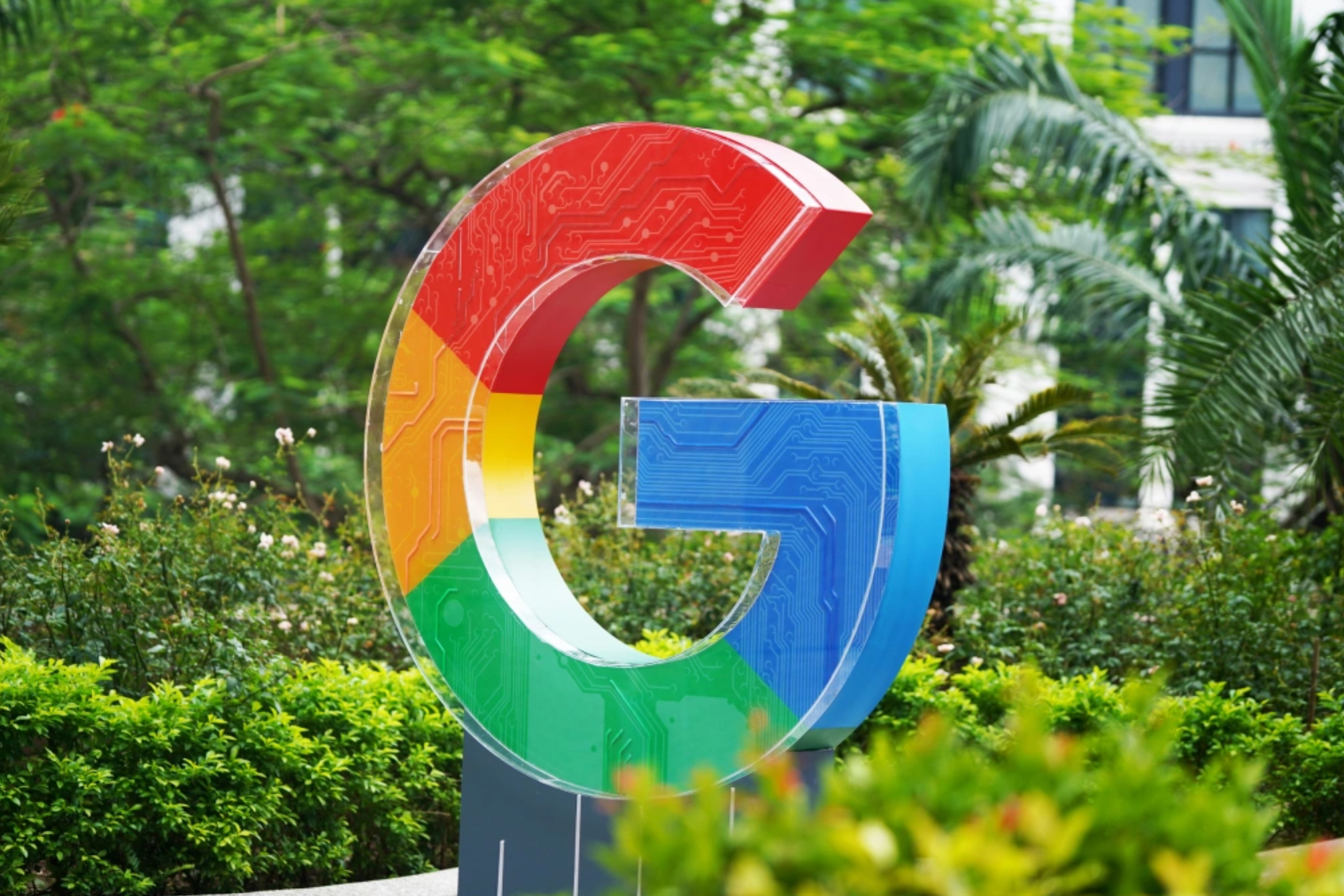
Not only that, Kacholia also encourages engineers to test new AI products internally before launching them to the market, creating a faster feedback loop that helps improve products right from the development stage.
These moves show that AI has become an integral part of the workflow at Google. There is no room for inaction; even the best people need to adapt to new technology if they don’t want to be left behind.
2. “AI must be present in every job”
If Kacholia’s email was a direct reminder to engineers, Google CEO Sundar Pichai elevated the message to corporate strategy. At a company-wide meeting in July, Pichai emphasized that employees needed to incorporate AI into their daily work, not just programming. He pointed out that competitors were making the most of AI and that Google couldn’t afford to stand on the sidelines if it wanted to stay ahead.
Also on the call, Brian Saluzzo, who leads the technology platform for Google’s core products, said the company is building more AI tools specifically for software engineers. “We feel the urgency to quickly bring AI into more of our programming processes to meet top-of-mind needs, to achieve significantly faster development speeds,” Saluzzo said.
This clearly reflects that Google is not just stopping at words; they are investing heavily in infrastructure and tools to ensure employees are equipped to apply AI in every aspect of their work.
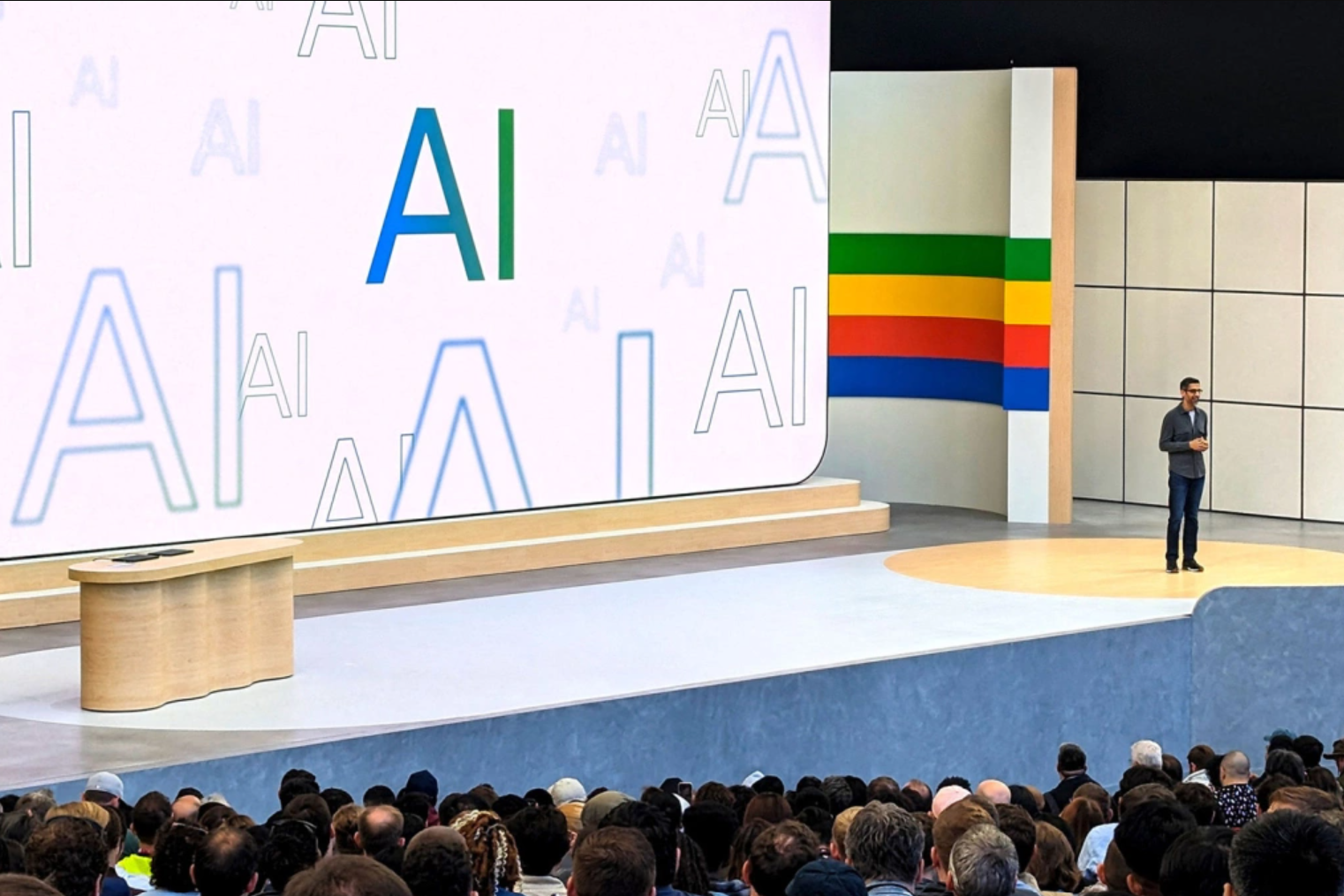
To promote the use of AI, Google has created an internal AI product list for employees, along with an internal website called “AI Savvy Google,” which offers courses, toolkits, and detailed tutorials. The site encourages employees to experiment with new methods like vibe coding, which can help speed up and be more creative in coding.
The effort isn’t limited to engineering. Google’s sales and legal teams are also being asked to apply AI to their work through NotebookLM, an AI tool that can aggregate and analyze information from multiple documents. Some teams are even being trained to develop custom versions of Gemini AI for specific roles and processes.
The widespread adoption of AI across multiple departments shows that Google is making AI part of its corporate culture DNA, not just a supporting tool. This reflects an inevitable trend: AI will no longer be an “accessory” but a vital element in the development strategy of technology corporations.
3. YouTube's “vibe coding week” campaign
Even YouTube, Google’s video platform, has launched a similar initiative. In June, YouTube’s VP of engineering, Scott Silver, hosted an event called “vibe coding week.” The goal of the program was to demonstrate the usefulness of AI to software engineers and encourage them to apply it in real-world workflows.
Several employees told Business Insider that their managers asked them to demonstrate how they use AI in their daily work. Some were excited about the change because they saw the benefits, while others were reluctant to follow suit because they were concerned about AI replacing human roles. This sentiment is understandable given the growing power of AI and the threat it poses to many traditional jobs.

Despite the concerns, the numbers show that AI is paying off for Google. In June, the company estimated that AI has increased productivity among its software engineers by about 10%. While that’s not groundbreaking, it’s a clear indication of AI’s effectiveness.
During Alphabet’s Q1 2025 financial call, Pichai revealed that more than 30% of the code written at Google is now generated by AI, up from more than 25% in October last year. That means about 3 out of every 10 new lines of code at Google are written by AI. This is a significant step forward, demonstrating that AI has become a true virtual colleague for programmers.
4. AI is no longer an option, but a necessity
Not only Google, many other large technology corporations are also pursuing the same trend. Marc Benioff, CEO of Salesforce, said that AI is currently responsible for 30-50% of the company's work, helping to reduce recruitment needs and increase productivity.
“AI is now a fundamental part of how we work,” said Julia Liuson, president of developer at Microsoft. “Like collaboration, data-driven thinking, and effective communication, using AI is no longer optional, but core to every role and every level.” Microsoft CEO Satya Nadella also shared that in some projects, AI can generate 20–30% of new code, significantly contributing to software development progress.
Amazon is no exception. CEO Andy Jassy has sent a blunt message to his 350,000 employees that the number of teams will be reduced in the near future because AI improves performance. This shows that AI not only brings productivity benefits but also has a direct impact on human resources strategy.
Similarly, Shopify CEO Tobi Lutke considers the use of AI a “baseline expectation.” Before teams ask for additional staff, they must demonstrate that the task cannot be accomplished with AI.
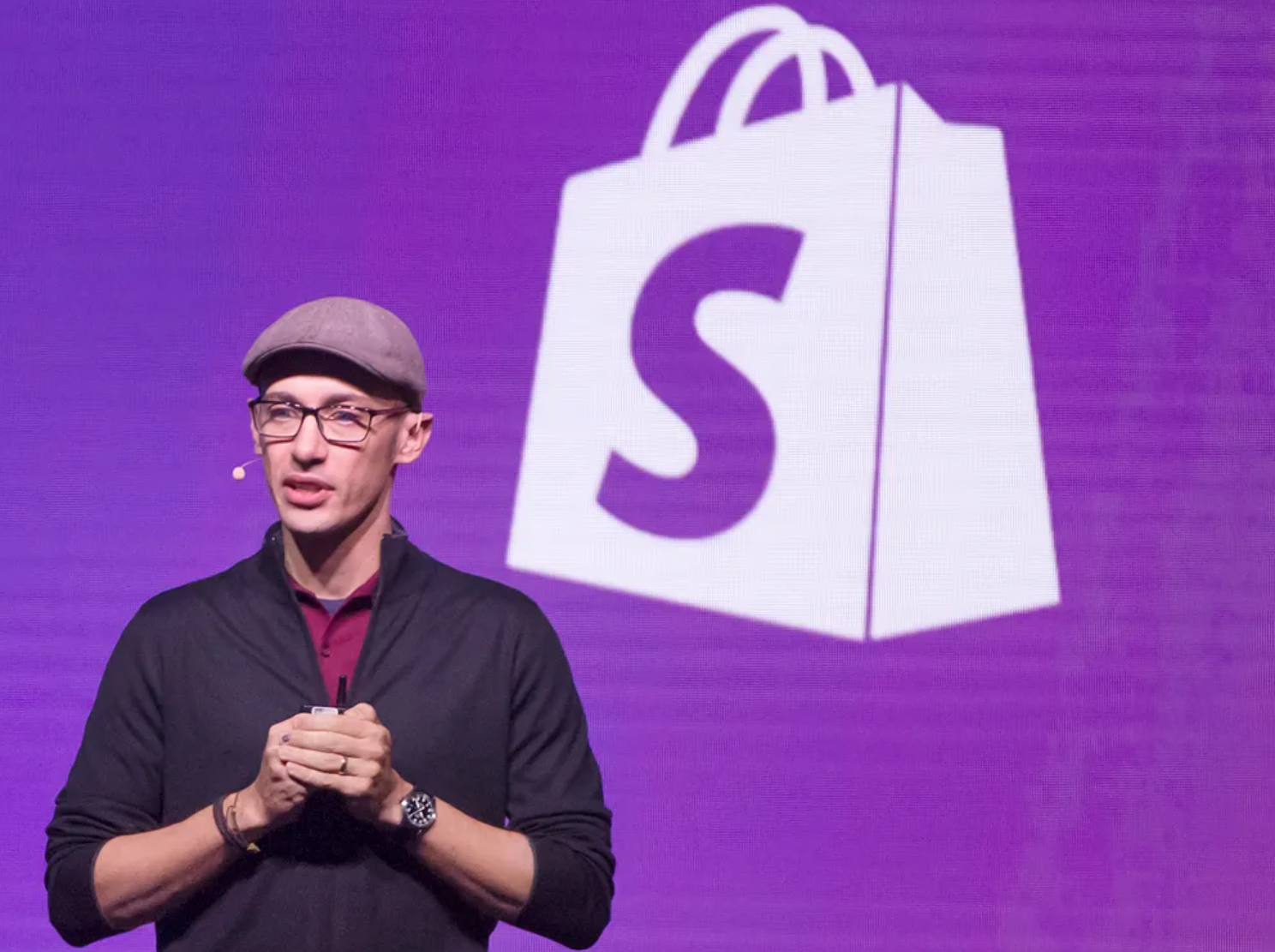
Andrew Bosworth, CTO of Meta, also emphasized that engineers who are proficient in AI tools will be paid more, while GitHub CEO warned that programmers need to apply AI or they will be eliminated from the game.
These statements reveal an unspoken consensus in the industry: AI is no longer the distant future, but the present, and those who fail to adapt will be left behind.
5. Conclusion
Google’s push to use AI on a daily basis is controversial. On the one hand, it puts a lot of pressure on employees who aren’t ready, making many worry about the future of work. But on the other hand, it also opens up a huge opportunity: Those who master AI tools quickly will stand out and become more valuable than ever.
When you look at the industry as a whole, AI is redefining productivity standards. Using AI will soon become as basic a skill as using email or writing a report. Companies will no longer see AI as an option, but as a requirement for survival.
In that context, the question is no longer “Will AI replace humans?” but “Are humans fast enough to master AI and turn it into their tool?”. That is a challenge but also an opportunity for each individual and business to reshape the way they work in the digital age.
Google is just one example, but this trend is sure to spread. In the coming years, we will likely see a world where AI and humans work closely together, creating unprecedented value if we dare to embrace and adapt.












































